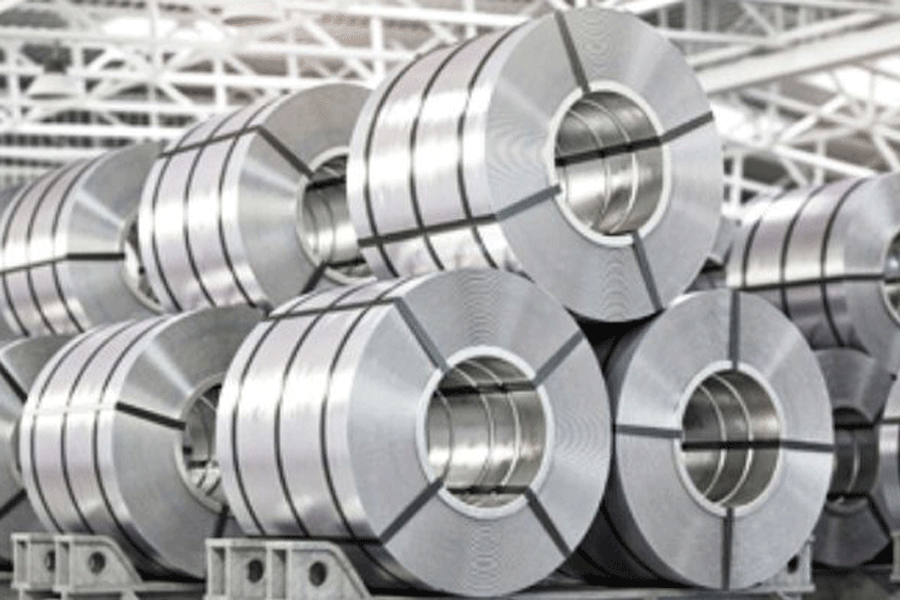Sponge iron units in Jharkhand have been asked to decarbonise their sector and contribute to the process of green steel production and a net-zero scenario in the state.
The task force on Sustainable Just Transition constituted by the Jharkhand government and NGO Centre for Environment and Energy Development (CEED) recently organised the stakeholder consultation in Jamshedpur on "Decarbonising the Sponge-Iron Industries in Jharkhand" which was attended by leading sponge iron producing units from three districts — East Singhbhum, West Singhbhum and Seraikela-Kharsawan.
Sponge iron, also known as direct reduced iron (DRI), is produced from the direct reduction of iron ore (in the form of lumps, pellets or fines) by a reduced gas produced from natural gas or coal.
Chairman of the task force and retired senior forest service official, A.K. Rastogi, said: “Industry represents a significant portion of greenhouse gas (GHG) emissions in the state. The sponge iron units are part of the iron-steel sector which is seen as hard to abate in terms of greenhouse gas (GHG) emissions and the decarbonisation process. The iron-steel sector is an important contributor to the economic development of the state. Therefore, decarbonising the sponge iron segment is crucial for the improvement of resource efficiency in the sector.”
“In the wake of the net-zero scenario, the sponge iron unit needs to shift from traditional carbon-intensive technologies for iron-steel production to sustainability-based and low-carbon environment-friendly technologies. The decarbonisation strategies and pathways will contribute to the larger goal of sustainable energy transition in the state,” added Rastogi.
He further informed that India is one of the largest producers of sponge iron in the world producing around 22 million tonnes of sponge iron.
“Jharkhand is one of the leading states in terms of the presence of sponge-iron units, which are broadly represented under the small and medium enterprises. These units largely rely on fossil fuels for the operationalisation of rotary kilns and other production-related activities. The sector itself is heterogeneous and uses a wide range of equipment with often dated and inefficient technology,” informed Rastogi.
The key ideas presented during the consultation include establishing pilot and demonstration plants to test emerging low-carbon technologies, increasing usage of energy-efficient technologies, switching over to cleaner fuels like solar, recycling steel scrap and infrastructure support for carbon capture.











